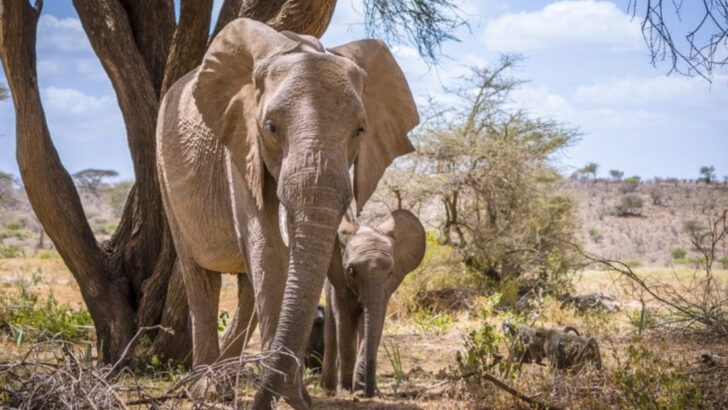Take elephants out of the picture, and the world changes in ways you wouldn’t believe. These gentle giants aren’t just enormous in size—they play a massive role in keeping ecosystems alive. When elephants thrive, entire landscapes flourish. When they disappear, nature struggles to keep up.
From carving paths through dense forests to creating watering holes that sustain countless species, elephants act as nature’s architects. They shape their environment in ways no other animal can, ensuring balance for creatures big and small. Without them, the ripple effects would be devastating.
Imagine forests overgrown and rivers drying up. Species that rely on elephant-made clearings would vanish. The entire web of life would unravel, one thread at a time.
So what makes elephants so crucial? Let’s dive into the 14 reasons these magnificent creatures are essential to nature—and the consequences we might face if they’re lost.
Seed Dispersal
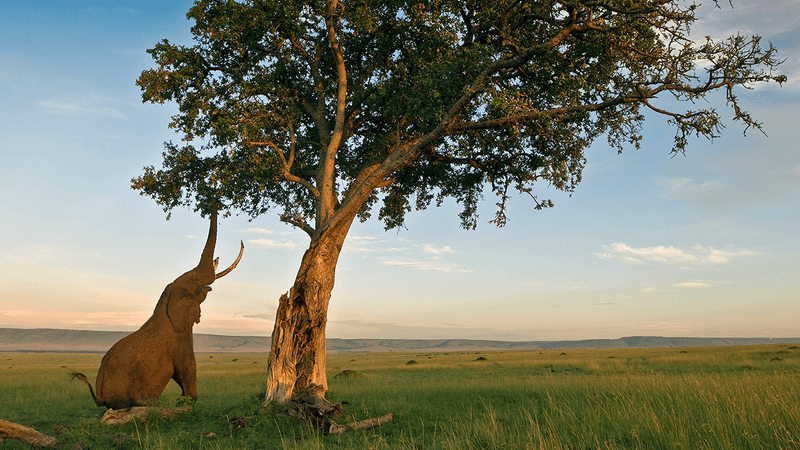
Elephants are vital for seed dispersal, aiding in the propagation of various plant species. They consume a wide range of fruits, and as they travel, they deposit seeds through their dung, promoting forest regeneration. In forests and savannahs, this activity helps maintain a diverse and balanced ecosystem. When elephants roam vast areas, their role in seed dispersal ensures that plant species can thrive far from their parent trees. This natural process not only supports biodiversity but also aids in carbon sequestration, contributing positively to climate change mitigation.
Habitat Modification
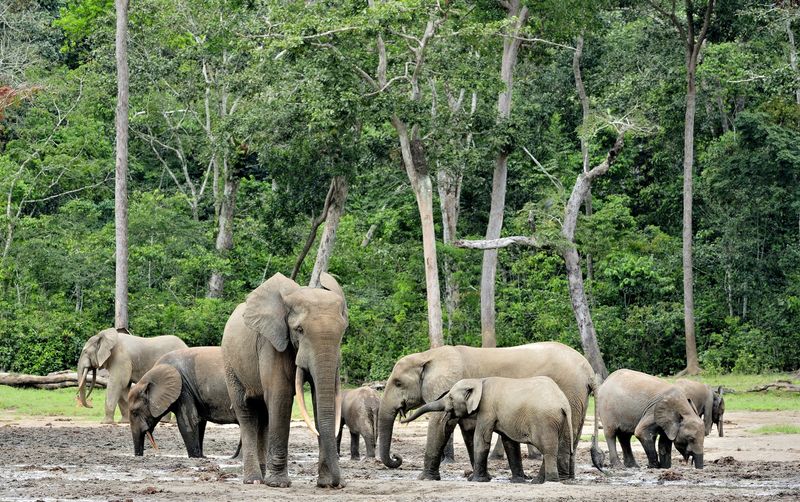
Elephants act as natural architects of their habitats. By knocking down trees, they create open spaces that allow sunlight to reach the forest floor, fostering the growth of a variety of plants. These modifications provide habitats for smaller animals and promote an increase in plant diversity. The open spaces generated by elephants support different life forms, from insects to birds. Without elephants, many forests would become overgrown, limiting the diversity of plant and animal life. Their habitat-shaping activities are crucial for maintaining ecological balance.
Water Access
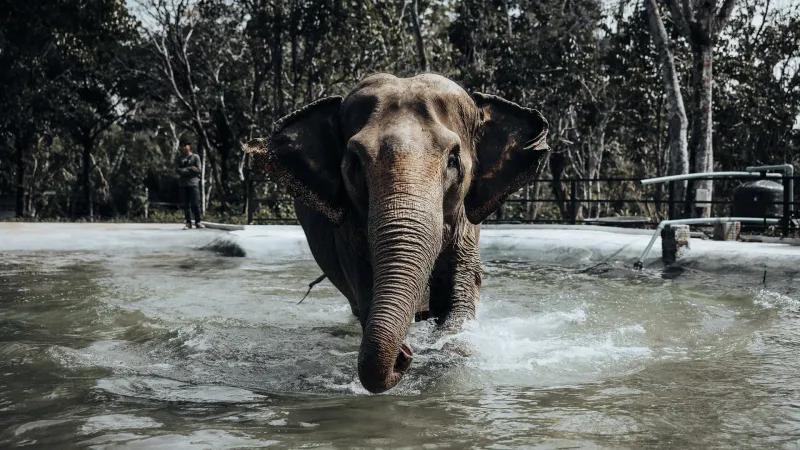
In arid landscapes, elephants have the remarkable ability to find water sources. They use their tusks and feet to dig wells in dry riverbeds, accessing water that is not available to other species. This action not only quenches their thirst but also provides water for other animals. Their digging creates water holes that become vital resources during dry seasons. By facilitating access to water, elephants play a critical role in supporting life in challenging environments. The absence of elephants could lead to increased competition and scarcity of water resources.
Biodiversity Boosters
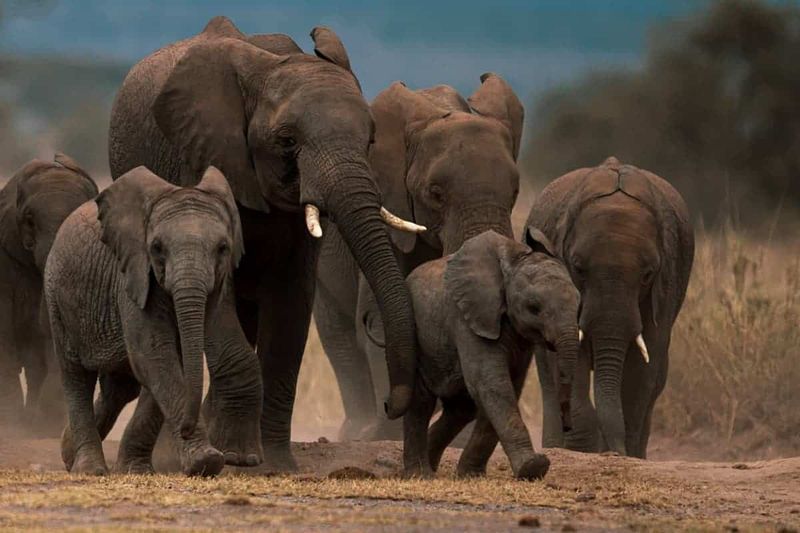
Elephants significantly enhance biodiversity in their habitats. Their feeding habits promote plant diversity, as they eat specific tree species, allowing others to flourish. This selective browsing contributes to a balanced and diverse ecosystem. The areas elephants frequent often become hotspots for biodiversity, supporting numerous plant and animal species. By maintaining this balance, elephants indirectly protect endangered species that rely on diverse habitats. The loss of elephants would likely lead to a decline in biodiversity, causing ripple effects throughout the ecosystem that could threaten many species’ survival.
Carbon Cycling
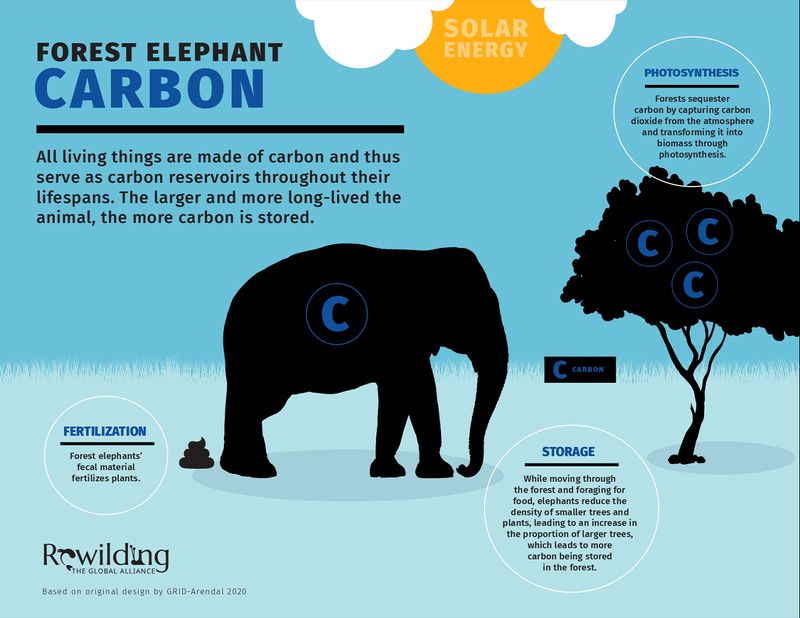
Through their feeding and movement, elephants play a key role in carbon cycling. By breaking down vegetation, they accelerate the decomposition process, which releases carbon back into the soil and atmosphere. This natural cycle is essential for maintaining healthy ecosystems. Elephants’ influence on carbon cycling aids in soil fertility and supports plant growth, contributing to the overall productivity of their habitats. The absence of elephants would disrupt these processes, potentially leading to decreased soil health and reduced carbon storage, impacting global carbon cycles and climate regulation.
Tourism and Economy
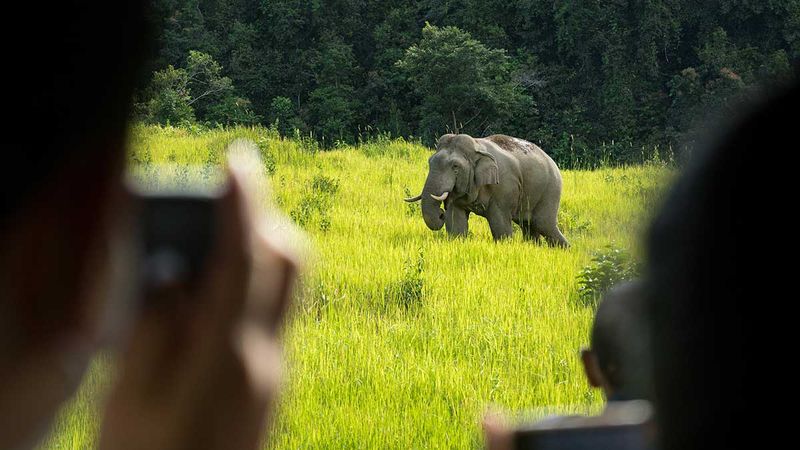
Elephants are major attractions in wildlife tourism, drawing visitors from around the globe. Their presence supports local economies, providing income for communities through tourism-related activities. Safaris and wildlife tours centered around elephants create jobs and foster cultural exchanges. The economic benefits derived from elephant tourism are significant, supporting conservation efforts and community development. Without elephants, many regions could face economic downturns, losing a valuable source of revenue. Thus, elephants not only enrich ecosystems but also bolster local and national economies by attracting tourists.
Cultural Significance
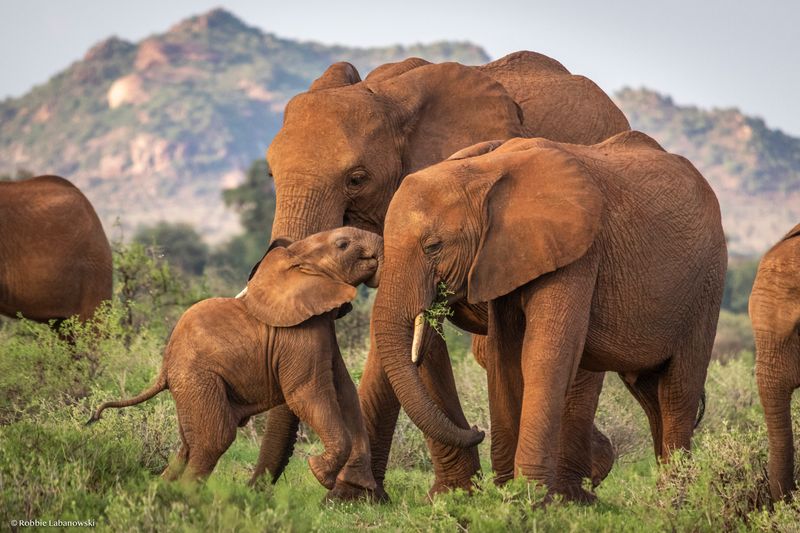
Elephants hold profound cultural significance in many societies. They are often featured in traditional ceremonies, art, and folklore, symbolizing strength, wisdom, and longevity. In various cultures, elephants represent important spiritual and cultural values. The connection between elephants and people is deep-rooted, influencing cultural heritage and identity. This bond enhances the importance of conserving these majestic creatures. Without elephants, there would be a cultural void, leading to the loss of traditions and cultural practices that have been passed down through generations.
Soil Fertility
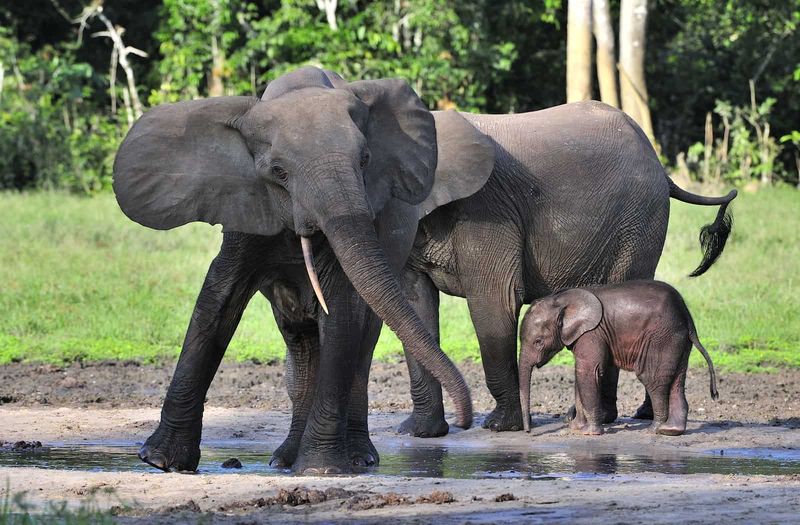
Elephants contribute to soil fertility through their feeding and movement. As they graze, they trample vegetation and return nutrients to the soil through their dung. This natural fertilization process enhances soil health, promoting plant growth and ecosystem productivity. The presence of elephants improves soil structure and nutrient content, essential for sustaining diverse plant communities. Without elephants, ecosystems might face reduced soil fertility, affecting plant regeneration and agricultural productivity. Their contribution to soil health is indispensable for maintaining vibrant and resilient ecosystems.
Forest Pathways
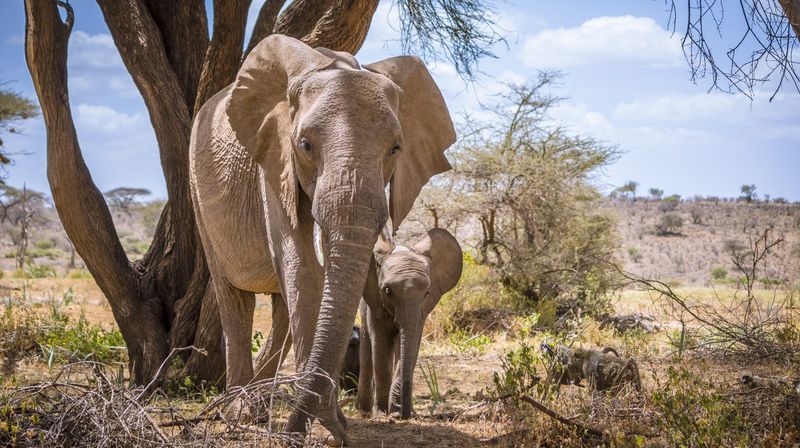
Elephants create pathways through dense vegetation, facilitating movement for other animals. These trails provide access to different parts of the forest, encouraging wildlife movement and genetic exchange. By opening up dense areas, elephants help maintain connectivity within ecosystems, vital for the survival of many species. The pathways they create are used by a variety of animals, from insects to large mammals, enhancing ecological interactions. Without elephants, many of these natural corridors would disappear, impeding animal movement and reducing habitat connectivity.
Mitigating Human-Wildlife Conflict
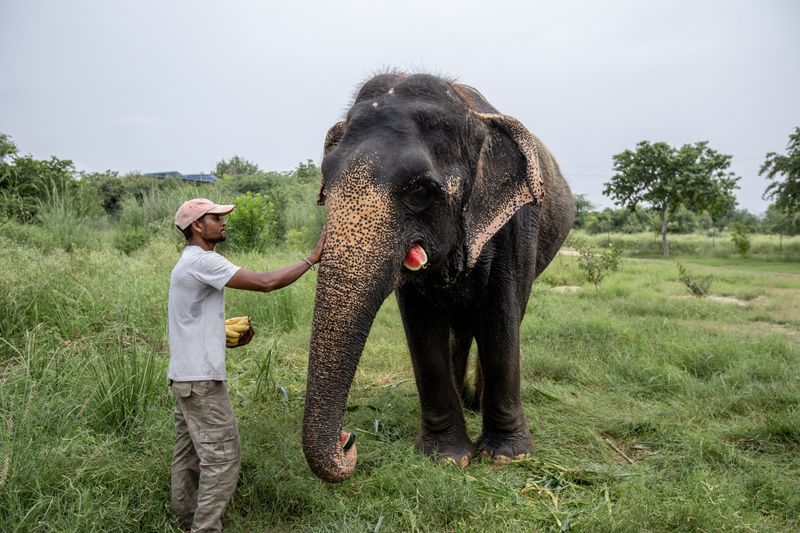
Elephants play a role in mitigating human-wildlife conflict by influencing land-use patterns. Their presence can deter human encroachment on wildlife habitats, promoting coexistence. Through conservation programs, elephants help raise awareness about the importance of protected areas. By fostering a sense of stewardship, elephants encourage communities to engage in conservation efforts. Without elephants, there might be increased human encroachment, leading to habitat destruction and intensified conflicts. Their role in promoting harmonious human-wildlife interactions is crucial for sustainable ecosystem management.
Nutrient Recycling
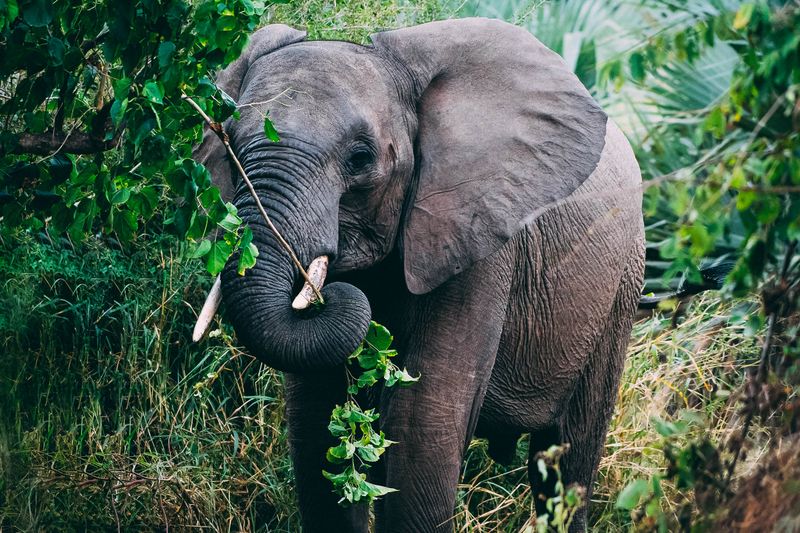
Elephants are key players in nutrient recycling. As they feed on a variety of plants, their digestion process breaks down nutrients, which are then returned to the soil through their dung. This recycling is essential for maintaining soil fertility and supporting plant growth. Elephants’ nutrient recycling activities help sustain the productivity of ecosystems. Without them, the natural nutrient cycles would be disrupted, leading to reduced soil health and diminished plant growth. Their contribution to nutrient dynamics is crucial for ecosystem resilience and productivity.
Population Control of Other Species
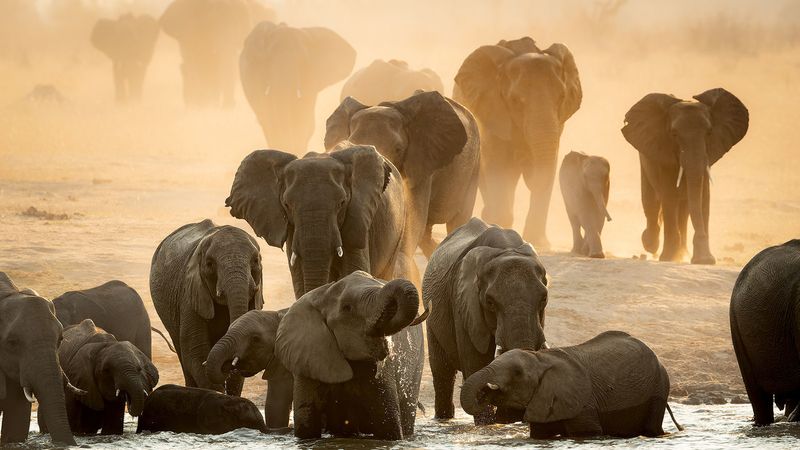
Elephants influence the population dynamics of other species by modifying their habitats. Through their feeding habits, they control the growth of certain plant species, indirectly affecting herbivore populations. By maintaining a balanced environment, elephants help regulate species abundance. Their impact on vegetation prevents overpopulation of certain species, maintaining ecological equilibrium. Without elephants, there could be unchecked growth of particular plant and animal species, disrupting ecosystem balance. This role in population control is vital for sustaining diverse and stable ecosystems.
Promotion of Wetlands
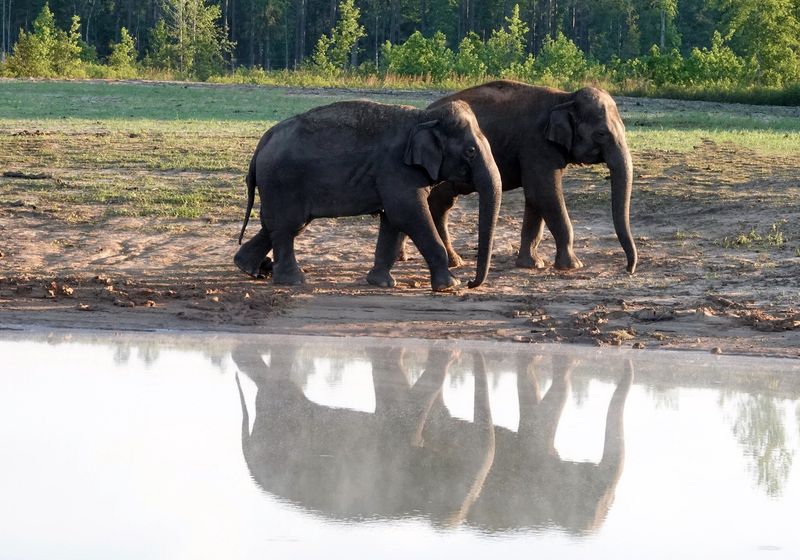
Elephants play a crucial role in the formation and maintenance of wetlands. As they move through marshy areas, they trample vegetation, creating open water spaces that support aquatic life. These actions promote wetland ecosystems, providing habitats for a wide range of species. Wetlands are essential for water filtration, flood control, and biodiversity. Without elephants, many wetlands could deteriorate, losing their ecological functions. Their influence on wetland creation and maintenance is vital for supporting aquatic biodiversity and ecosystem services.
Climate Regulation
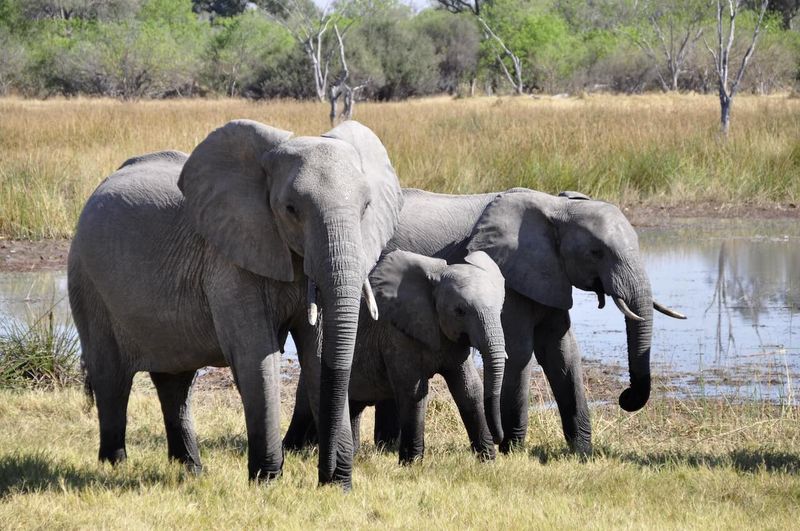
Elephants contribute to climate regulation through their impact on vegetation and carbon storage. By altering plant communities, they influence the amount of carbon stored in forests. This role in carbon dynamics is crucial for climate change mitigation. Elephants help maintain forest structures that stabilize local climates. Their presence ensures ecosystems function effectively in sequestering carbon, which is vital for climate stability. Without elephants, the ability of forests to regulate climate could be compromised, affecting global climate patterns. Their role is indispensable for maintaining ecological and climatic balance.

